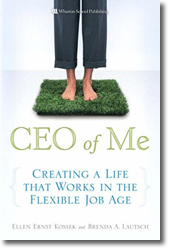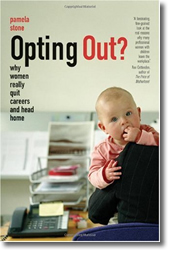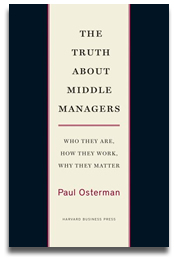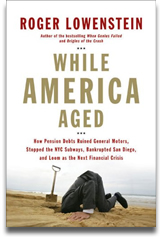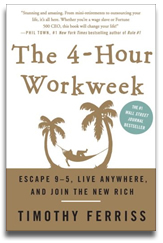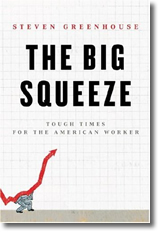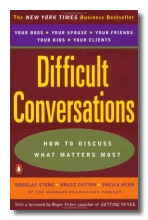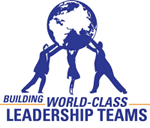Book Review: Linchpin
Thursday, August 19th, 2010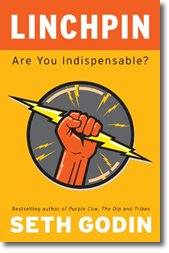
Godin, Seth. Linchpin : are you indispensible? Portfolio, 2010.
Best-selling author Seth Godin has written his latest book for employees in the new world of work. Employees have been trained to be a cog in the industrial machine, yet ultimately, the way to achieve success is to stand out and to become indispensable. Godin calls those people “linchpins,” and they cannot be replaced because their roles are just too valuable.
To become a linchpin, a worker must seek opportunities to do more than what is assigned. They must take the initiative to do what is necessary for the organization to succeed. Linchpins connect easily with other people and work collaboratively with coworkers and customers. They make positive things happen.
Godin encourages everyone to become an “artist” at work by being creative, making connections and finding joy in work. And he encourages everyone to put their heart and soul into all aspects of their lives.
Linchpin is Seth Godin’s twelfth book since 1999 and it reads as if it were written in a hurry. The style is choppy and terse. The ideas could have been presented in a much shorter and better organized format. I found this book a chore to read, but on Amazon.com, other readers rated it very highly, with the reviews averaging 4.5 stars, far better than most.
© Reviewer: Meg Trauner & Ford Library – Fuqua School of Business.
All rights reserved.
